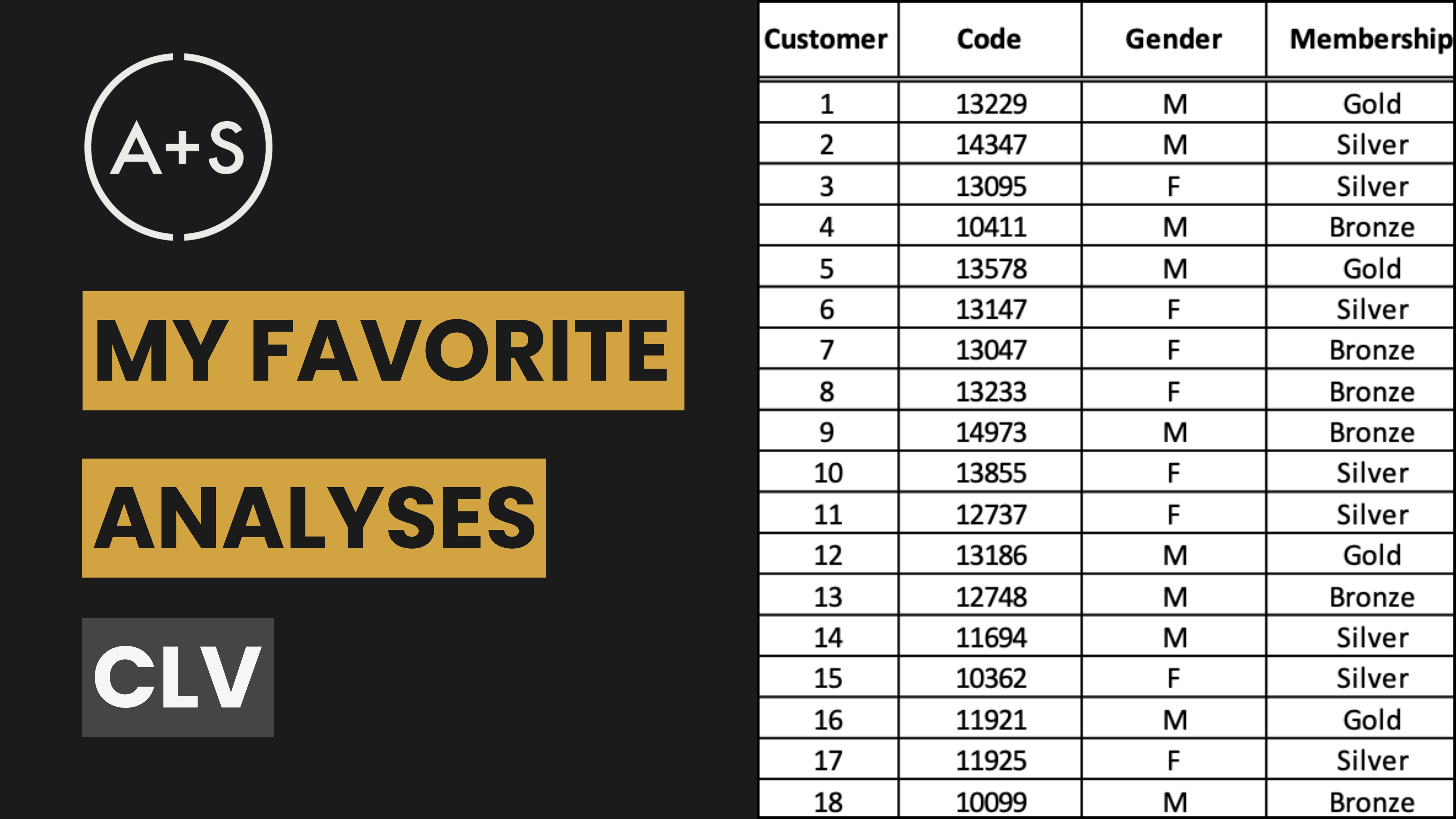Artificial Intelligence (AI) is profoundly reshaping the landscape of marketing. With its ability to analyze data at an unprecedented scale, predict consumer behavior with astonishing accuracy, and personalize customer experiences like never before, AI represents a monumental shift in how businesses interact with consumers and make strategic decisions.
But as I tell students of the “Automation & Artificial Intelligence in Marketing” course I teach at the University of Notre Dame’s Mendoza College of Business and companies I consult to through my work at Nore Analytics, embracing this potential necessitates a thoughtful, strategic approach that balances innovation with ethical considerations and plans for addressing practical challenges.
Let’s explore the multifaceted impact of AI on marketing here now.
The Foundation of AI in Marketing
Before diving into the applications, it’s crucial to understand the foundational concepts that drive AI. If you’re new to AI, it is easy to be confused by the way it is discussed as many of the terms are used interchangeably (and, often, incorrectly). Here’s a brief primer on its most basic and important ideas:
Artificial Intelligence (AI): The overarching technology simulating human intelligence in machines, designed to think, learn, and adapt.
Machine Learning (ML): A subset of AI focusing on algorithms that learn from data to make decisions or predictions.
Deep Learning (DL): An advanced form of ML imitating the human brain to process data and create intricate patterns for decision-making.
Neural Networks: ML architectures mimicking the human brain to recognize relationships and derive meaning from complex data sometimes leveraging Deep Learning, although Neural Networks can be developed outside of the Deep Learning framework.
Collectively, these concepts underpin the way AI is applied in the field of marketing today. I think it impractical for the marketing executive to comprehend how AI’s core technologies differ at the coding level. Rather, it is critical that they understand its elemental process: data comes in through some interaction with the user, that data is converted into information the system it can use, and decision-making computations are performed that turn inputs to outputs.
As my friend and colleague Mike Bechtel correctly points out, there’s absolutely nothing new about that. This approach can be seen in the earliest examples of industrialization like the textile mill to room-sized computers operating on punched card systems to today’s computer operating systems rooted in AI processes built on cloud platforms (and, I should add, sitting on the cusp of radical transformation through the impending development of quantum computing).
However, what is new is speed and scale with which this old approach converts inputs to outputs using AI. AI’s core technologies fuel various domains, including unsupervised learning, supervised learning, reinforcement learning, natural language processing (NLP), computer vision, and robotics, each contributing uniquely to the marketing landscape. Understanding how these domains create new opportunities is critical to any marketer’s success.
Transformative Effects of AI on Marketing
What these emerging AI domains can accomplish in marketing is vast and varied, influencing everything from personalization and customer insights to operational efficiency and strategic decision-making. Each effect reflects a facet of AI’s potential, setting a new standard for excellence and innovation.
1. Personalization at Scale: AI’s most noticeable impact is its ability to personalize customer experiences. By analyzing individual behaviors and preferences, businesses can tailor their offerings and communications precisely, enhancing customer satisfaction and loyalty.
2. Predictive Analytics: AI allows businesses to forecast future consumer actions, market trends, and business outcomes. Brands like Amazon and Netflix utilize predictive analytics to recommend products or content, significantly enhancing user experience and engagement.
3. Efficient and Dynamic Marketing Campaigns: Through automation and optimization, AI ensures that marketing resources are utilized effectively. It helps in segmenting audiences, timing campaigns, and even creating content, thereby improving ROI and reducing wastage.
4. Enhanced Customer Understanding: With techniques like clustering and natural language processing, AI digs deep into customer data, uncovering insights about preferences, sentiments, and behaviors that inform strategy and communication.
5. Operational Efficiency: AI streamlines operations, from predictive maintenance and inventory management to automating customer service and sales processes. This not only reduces costs but also frees human talent to focus on more strategic tasks.
Case Studies Highlighting AI’s Impact
To truly understand the transformative power of AI in marketing, let’s examine a few real-world examples where AI has been instrumental in enhancing customer experience, driving efficiency, and boosting revenues. These selected case studies – three of the multitude of examples we use in the classroom to bring AI concepts to life – not only illustrate the practical applications of AI across various sectors but also shed light on the profound impacts these technologies are having on businesses and consumers alike. From revolutionizing product development to personalizing shopping experiences, these examples underscore the versatility and potency of AI as a tool for innovation in the marketing realm.
Starbucks’ Predictive Analytics: By analyzing customer preferences and context, Starbucks offers personalized recommendations, showing how AI can increase sales and customer satisfaction through more resonant product launches.
Amazon’s Personalization: Amazon leverages AI using item-to-item collaborative filtering to analyze user data for personalized product suggestions, enabling Alexa for voice shopping, and enhanced customer relations through personalized communication.
Sephora’s Enhanced Experiences: Beginning with automation in inventory and supply chain management and evolving to transformative digital in-store and online experiences, Sephora has utilized technology as a way to enhance operational efficiency and customer experiences.
The Urgency of AI Adoption in Marketing
The gap between companies that embrace AI and those that delay is rapidly widening as AI continues its advance. The competitive advantage gained through AI is not just about efficiency or insights; it’s about fundamentally better decision-making, deeper customer connections, and a more agile, innovative, and profitable business model.
Navigating Challenges and Ethical Considerations
The journey toward AI integration is fraught with challenges — data privacy, misaligned expectations, technical complexities, and ethical dilemmas. The cases of Amazon’s “Rekognition” and Microsoft’s “Tay” are testimonies to the potential pitfalls of poorly planned and lightly reasoned AI implementations. Indeed, AI is no more a Silver Bullet for a business’s problems than the mill was for every nuanced challenge of pre-Revolutionary America. AI is, as was the mill, a structured framework a user can apply against a problem — not itself the solution to the problem.
This means that successfully employing AI requires organizations to adopt strategic, ethical approaches that ensure transparency, protect consumer privacy, and continuously monitor their AI systems. Problems must be clearly defined; data must be ethically sourced; the computational algorithm must not be a “black box” but rather a transparent set of decisions driven by unbiased learning; and the system’s outputs must be accurately interpreted and applied. Doing so requires the marketer to cut through the complexity of AI and see it as the wonderfully powerful tool it really is.
Conclusion
AI in marketing is an undeniable force of change, offering unprecedented opportunities to understand and engage customers, optimize strategies, and drive growth. Yet the journey requires a thoughtful, strategic approach, balancing innovation with ethical considerations and thoughtful solutions to practical challenges. As we enter a new era in marketing in 2024, one thing is clear: AI will be at the heart of the marketing narrative, and understanding its power will be key to any marketer’s success.
If you find these insights compelling and believe AI’s potential can make a difference in your business, Nore Analytics is here to guide you through this exciting and challenging landscape. Our expertise in leveraging AI for marketing strategies can help unlock new opportunities, drive efficiency, and enhance customer connections. Reach out to us at kevin@noreanalytics.com to discover what Nore can do for your business.




